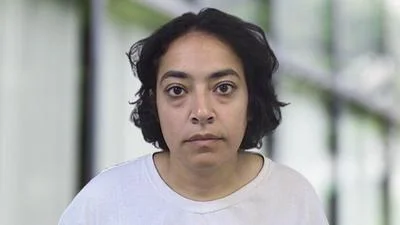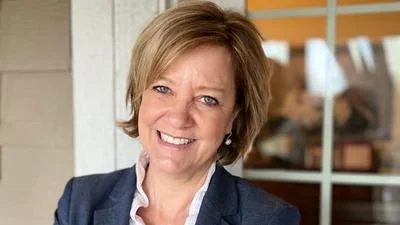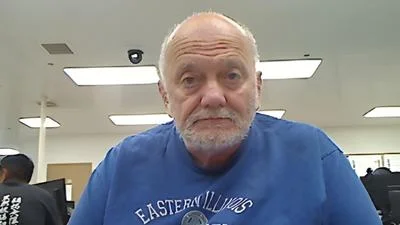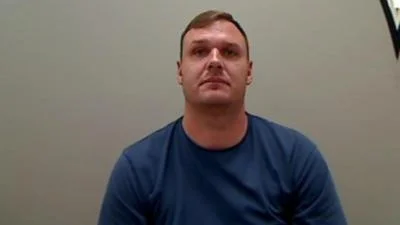A bill in the General Assembly would expand access to vote for people in jail awaiting trial, which one think tank executive says would be appropriate as long as they aren't yet convicted.
HB4469 is aimed at expanding voter education and access for the 20,000 people estimated to be spending time in an Illinois jail. The bill would require election authorities to collaborate with jails to allow people there to vote by mail, and the Cook County jail would be established as a temporary branch polling place, according to the Chicago Reporter.
“If you're in jail, but you haven't been convicted of a crime, then I have no problem with letting these people vote, as long as they are otherwise eligible to vote,” Roger Clegg, president of the think thank Center for Equal Opportunity, told Chicago City Wire on April 10. “If they’re felons or noncitizens, that's different.”

Roger Clegg of the Center for Equal Opportunity
Clegg voiced confidence in fixes for security issues.
“I assume that there might be some instances where there could be security problems,” Clegg said, suggesting prisoners could be given absentee ballots in some situations. “I would assume that any security problems could be addressed.”
Clegg also said it makes more sense to approach a felon's right to return to the voting booth on a case-by-case basis and apply for probationary review.
“I don't think felons should be allowed to vote until they show that they have turned over a new leaf,” Clegg said, suggesting the probationary time should depend on the crime and how long ago it was committed, among other factors.
If it's part of a series of crimes, he said, individuals may have to wait longer for their voting rights to be restored. He also named some offenses like treason and voter fraud where it may be appropriate never to return voting rights.
“I think that the process … can be an important part of re-integrating the felon back into society, but you lose that opportunity if you grant that ability to vote automatically," ” Clegg said.
He described the idea of having a formal ceremony with balloons, flags and other marks of celebration where those who have been rehabilitated and their families can celebrate their return to the electorate.
“It's a great occasion,” Clegg said, adding that this type of thing can create incentives to leave crime behind.
Taking on the issue of disenfranchisement of those who are in jail, Clegg said the loss of voting rights could, in some cases, be an appropriate punishment for criminals.
“I don't think that people who commit crimes against their fellow citizens are qualified to vote,” Clegg said, pointing out that there are other categories of people who are not eligible to vote. Describing a “minimum objective standard of commitment to our laws,” Clegg called for a measured approach to restoring the voting rights of those who have been convicted of a crime.





 Alerts Sign-up
Alerts Sign-up